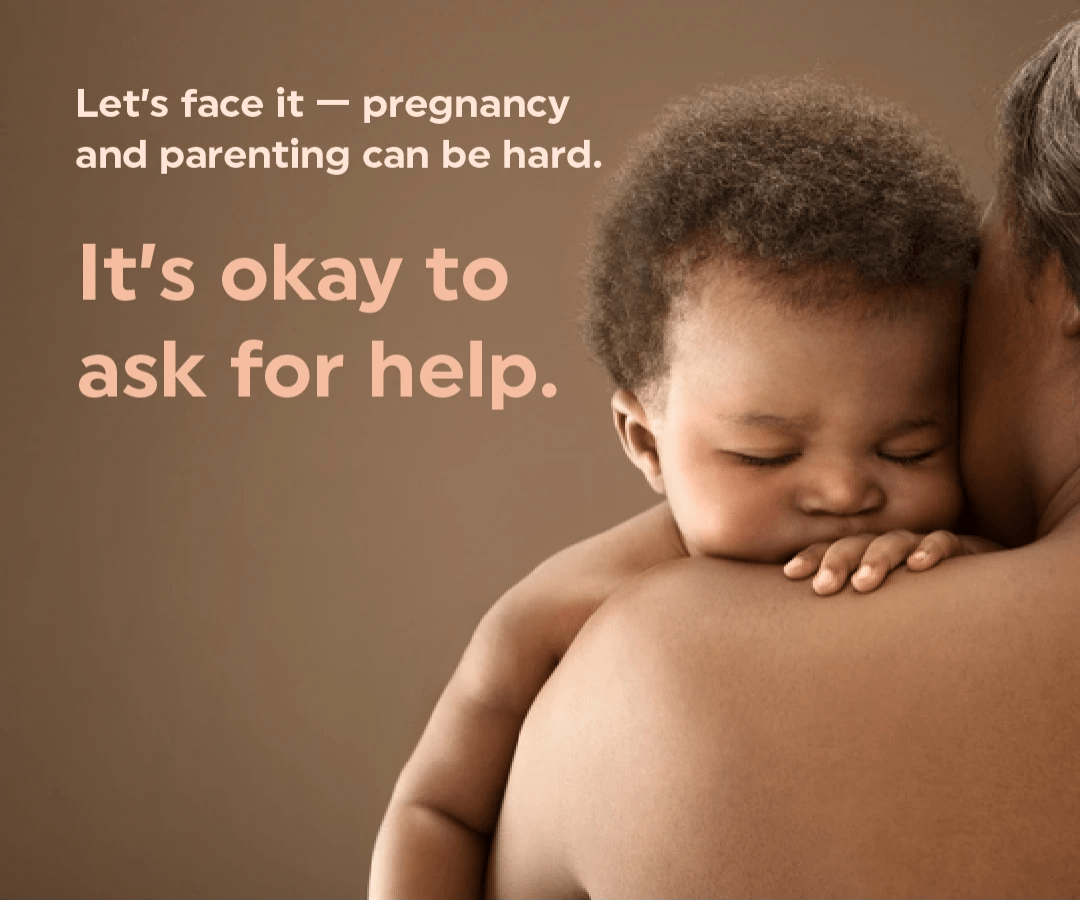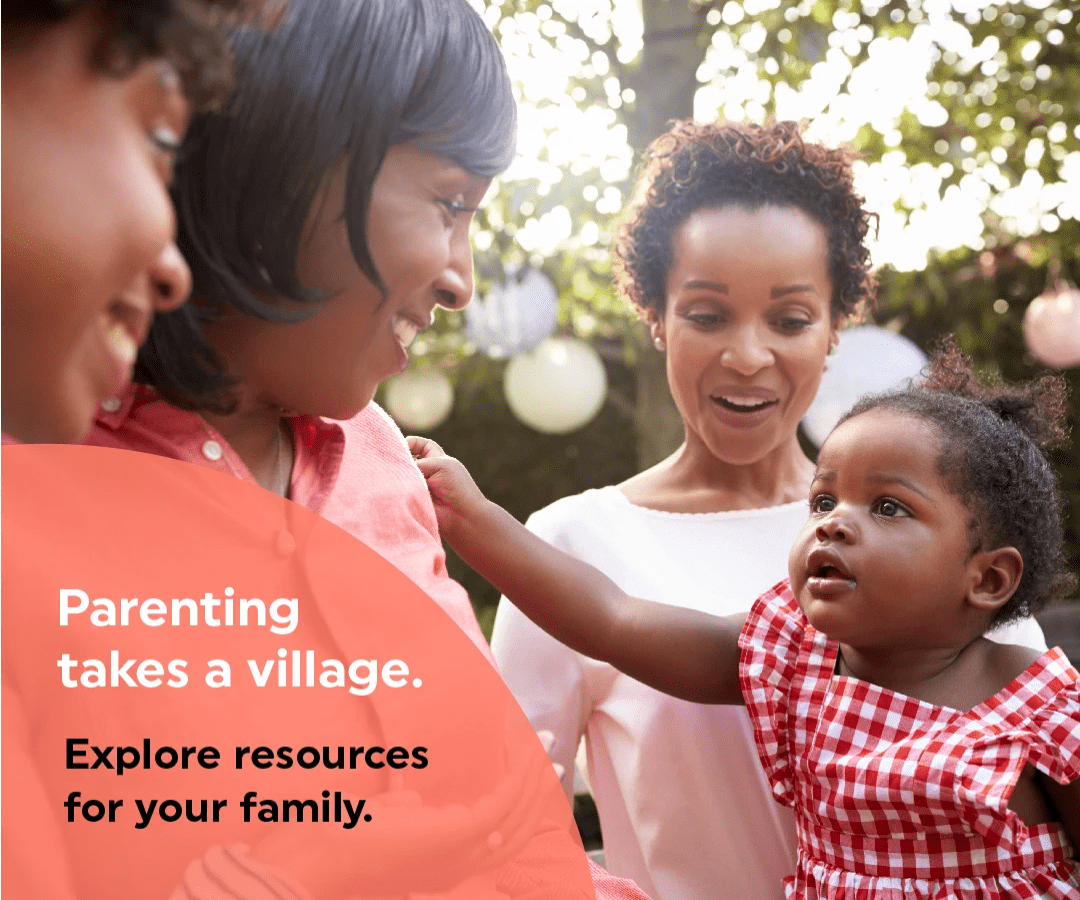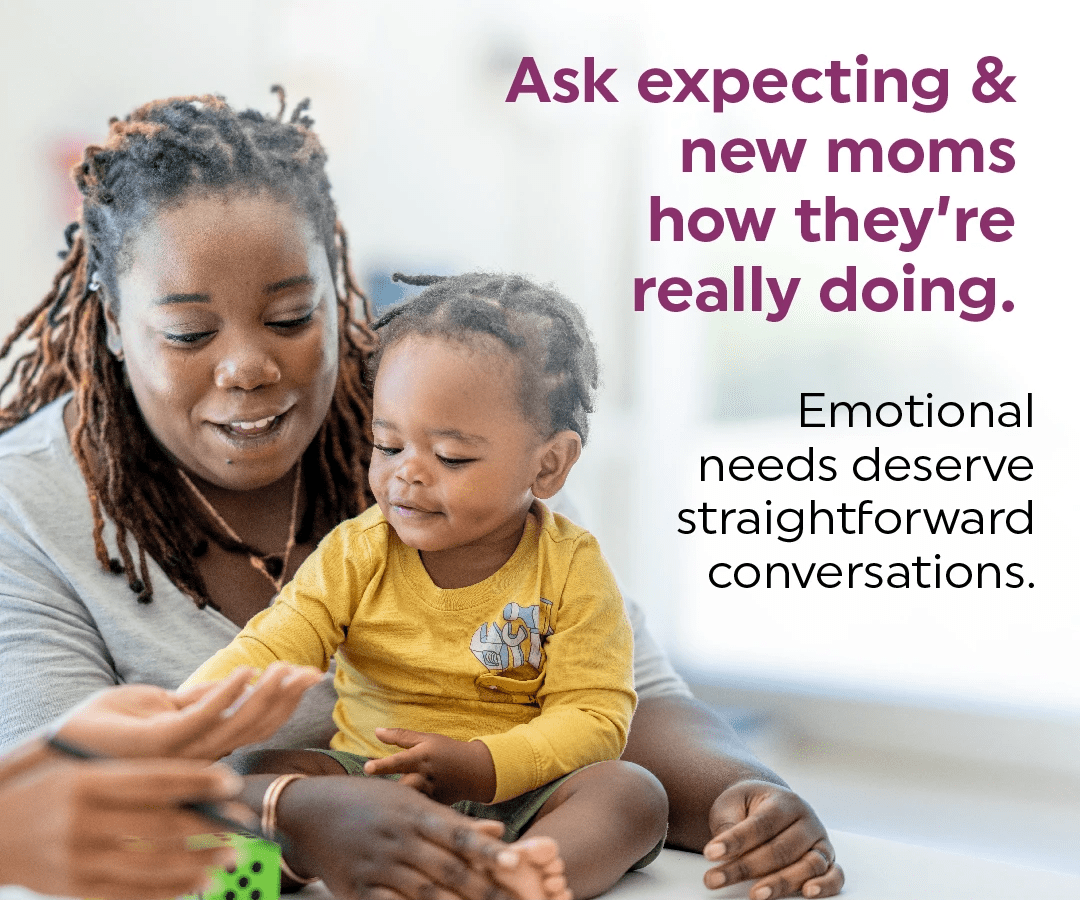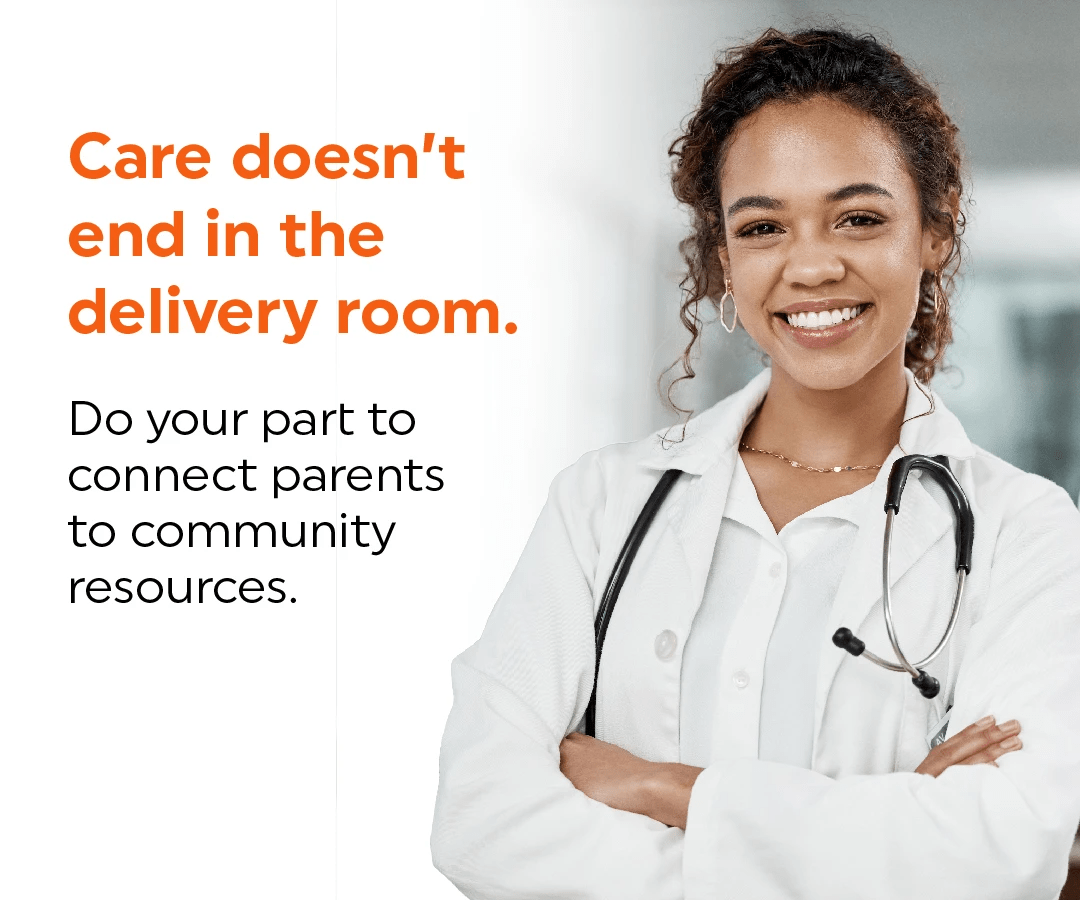

MATERNAL HEALTH - A CONCERN FOR US ALL.
Current gaps in maternal health should concern us all. The quality of maternal and newborn health care reflects the futures of our communities. Early childhood environments predict future outcomes.
Every mother in New Jersey should have the opportunity to deliver their newborn(s) in a safe, healthy, and supported environment that provides a strong start to life. Improving maternal health in New Jersey will require the cooperation of community members, health care professionals, and legislators. Whether you are currently pregnant, recently gave birth, or are a medical professional working in the field of maternal and newborn health, you play a part in creating healthy, honest, and comfortable environments for women to give birth and families to welcome a newborn.

The jarring reality is that 700 women die in the United States per year due to complications during pregnancy or delivery. Every death is a tragedy, especially when two-thirds of pregnancy-related deaths are preventable.
Mothers must be listened to. Providers should use their voices to amplify the voices of mothers. This page is dedicated to the sharing of critically needed information including a direct link to Connecting NJ which can assist NJ families with getting connected to programs, health, and social resources in their local communities.
Pregnancy-related complications can affect anyone, even after giving birth.
IF YOU ARE PREGNANT

DURING PREGNANCY
Discuss your health history with your doctor during your pregnancy and make a plan for managing any potential problems that may arise based on your risk factors.
When discussing concerns with your healthcare provider, it is important to say you are pregnant or were recently pregnant. Describe any other health conditions like high blood pressure or diabetes, along with any complications you experienced with your pregnancy or delivery. If you can, bring a friend or family member with you for support and to help you ask the questions you need answered.

AFTER PREGNANCY
While your new baby needs a lot of attention and care, it’s important to remain aware of your own body and take care of yourself, too. It’s normal to feel tired and have some pain, particularly in the first few weeks after having a baby, but there are some symptoms that could be signs of more serious problems.
IF YOU KNOW SOMEONE WHO IS PREGNANT

FAMILY AND FRIENDS
Your pregnant or recently pregnant friend or family member is going through a variety of changes. While some changes are normal, some could be warning signs for complications or more serious problems.
Although some changes may be physical, pregnancy-related risks include feelings of sadness, anxiety, and exhaustion– all of which make it difficult to complete daily care activities for herself, her baby, or others.
It’s important to really Hear Her concerns when she expresses them to you and encourage her to seek help if needed. Serious pregnancy-related complications and deaths can occur, but many can be prevented if we recognize the warning signs and encourage women to get help early.

HEALTHCARE PROFESSIONALS
As a healthcare professional, you play a critical role in eliminating preventable maternal mortality. One part of the solution is to really hear women’s concerns during and after pregnancy and engage in an open conversation to make sure any health issues are adequately addressed.
Listen to pregnant and postpartum women if they experience concerns. Help your patients understand the urgent maternal warning signs and the need to seek medical attention right away. When patients are engaged in their healthcare, it can lead to improvements in safety and quality. Take steps to make them feel understood and valued during their visit with you.
RESOURCES FOR NJ FAMILIES:
Additional information and resources for birthing people, their families, and their healthcare providers can be found on the Center for Disease Control (CDC) website.
© 2023








